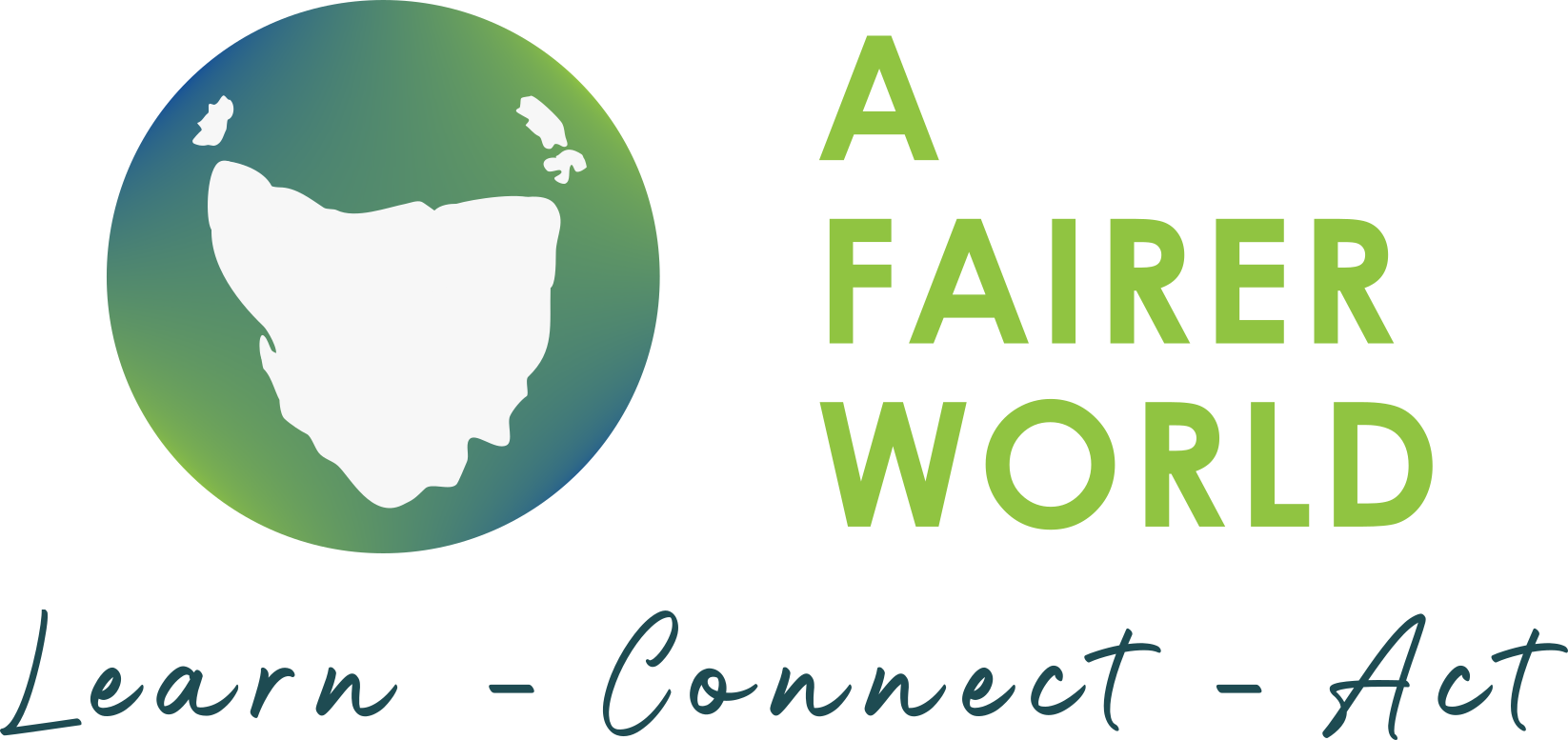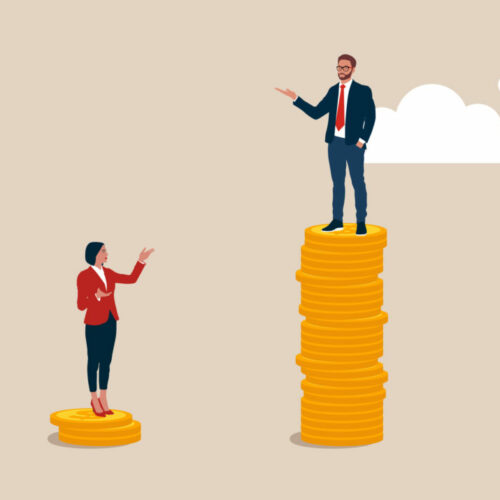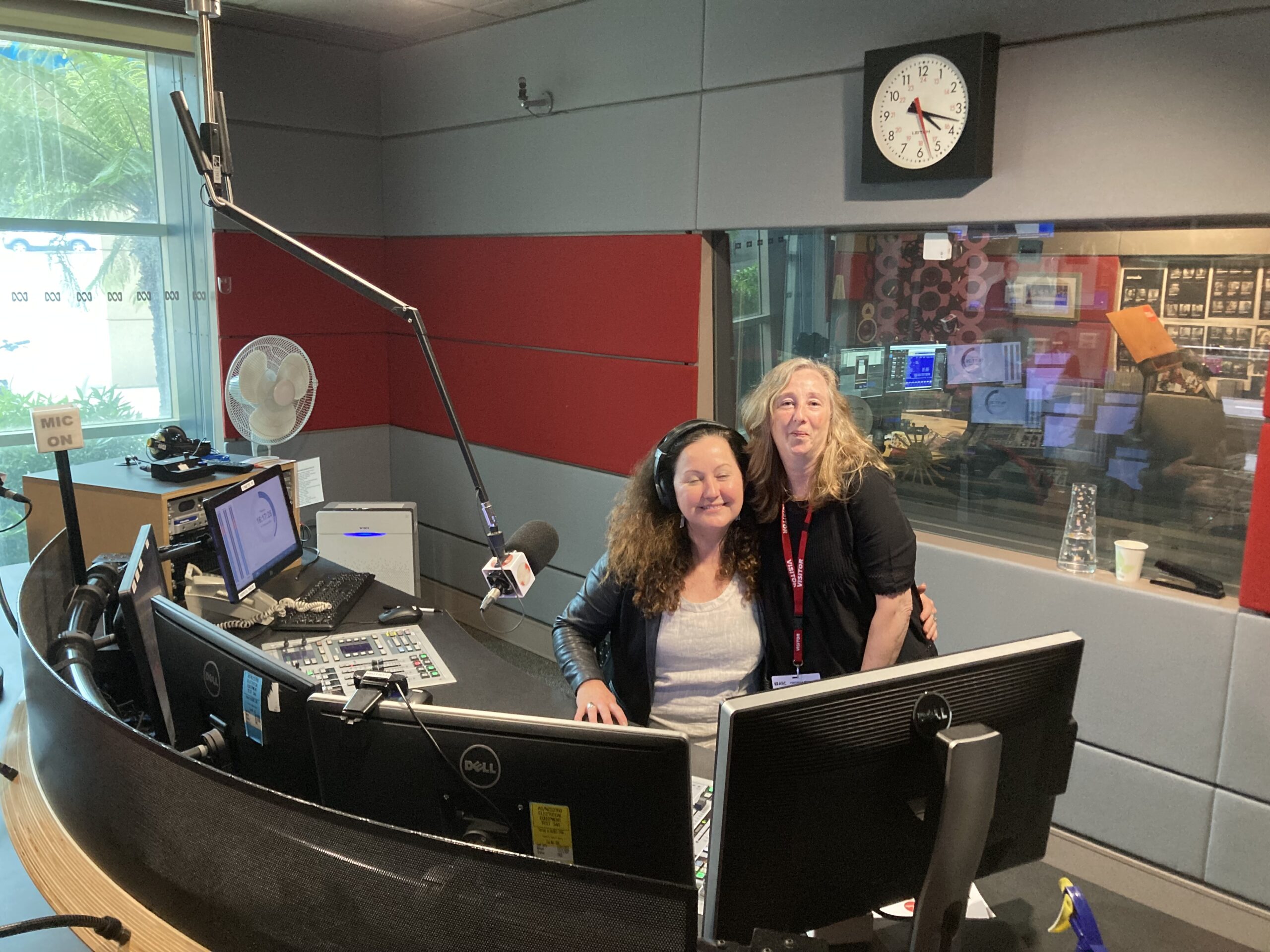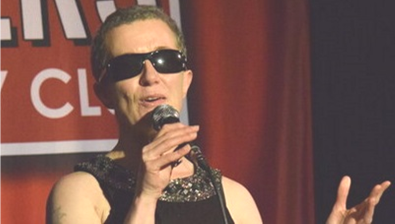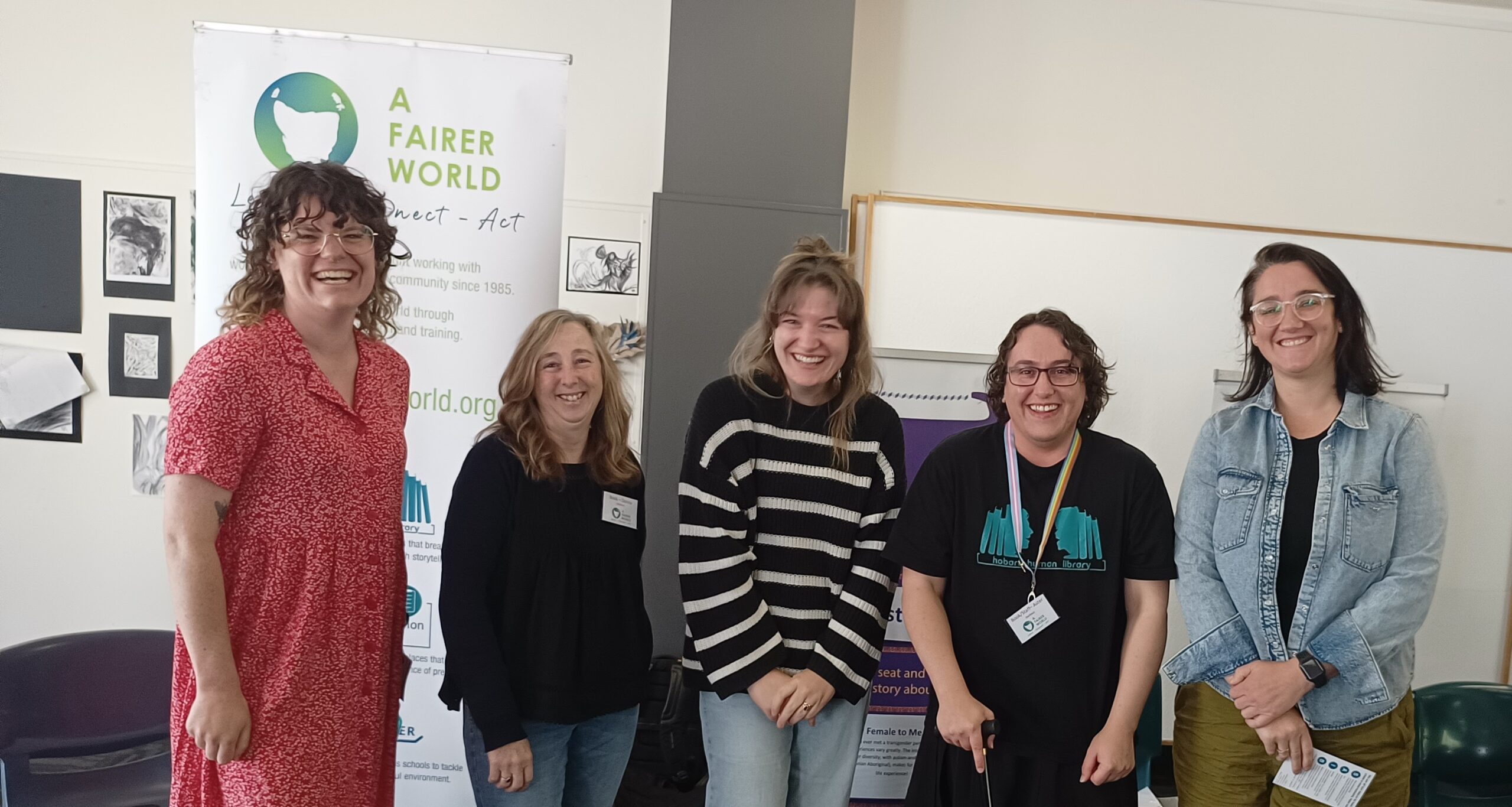The issue of gender pay disparity continues to make headlines, serving as a stark reminder of the persistent inequalities that exist in our societies. Recent data reveals that despite advancements in gender equality, women still earn significantly less than their male counterparts in many industries and regions around the world. This discrepancy not only reflects an economic injustice but also underscores the need for urgent action towards creating a fairer and more inclusive world.
Statistics from various studies highlight the severity of the gender pay gap. Whether it’s in corporate boardrooms, tech companies, or the entertainment industry, women consistently find themselves on the lower end of the pay scale. Even when they hold similar positions and possess comparable qualifications, women often earn less than men—a disparity that cannot be attributed to merit or performance but rather to systemic biases and discriminatory practices.
Addressing the gender pay gap isn’t just a matter of economic fairness; it’s also crucial for fostering social progress and sustainable development. When women are paid less for their work, it not only diminishes their financial independence but also perpetuates cycles of poverty and inequality. Moreover, it sends a damaging message about the value of women’s contributions to the workforce and society at large.
Creating a fairer world begins with acknowledging and confronting the root causes of gender pay disparity. This entails implementing policies and initiatives that promote pay transparency, challenge gender stereotypes, and ensure equal opportunities for career advancement. Companies must prioritize diversity and inclusion efforts, not only as a moral imperative but also as a strategic advantage in today’s global marketplace.
Education and awareness also play a pivotal role in closing the gender pay gap. By fostering discussions about gender equality in schools, workplaces, and communities, we can challenge harmful stereotypes and empower individuals to advocate for change. Additionally, providing resources and support networks for women to negotiate salaries and navigate career paths can help level the playing field and enable them to reach their full potential.
Ultimately, achieving gender pay parity requires a concerted effort from all sectors of society—governments, businesses, civil society organizations, and individuals alike. It demands a commitment to dismantling systemic barriers and creating an environment where everyone, regardless of gender, has an equal opportunity to succeed. By working together towards this shared goal, we can build a fairer and more equitable world for future generations. Let’s not just talk about change; let’s actively pursue it and create a better tomorrow for all. 🌍💪
View the Gender Pay Gap Analysis Guide For employers from WGEA
